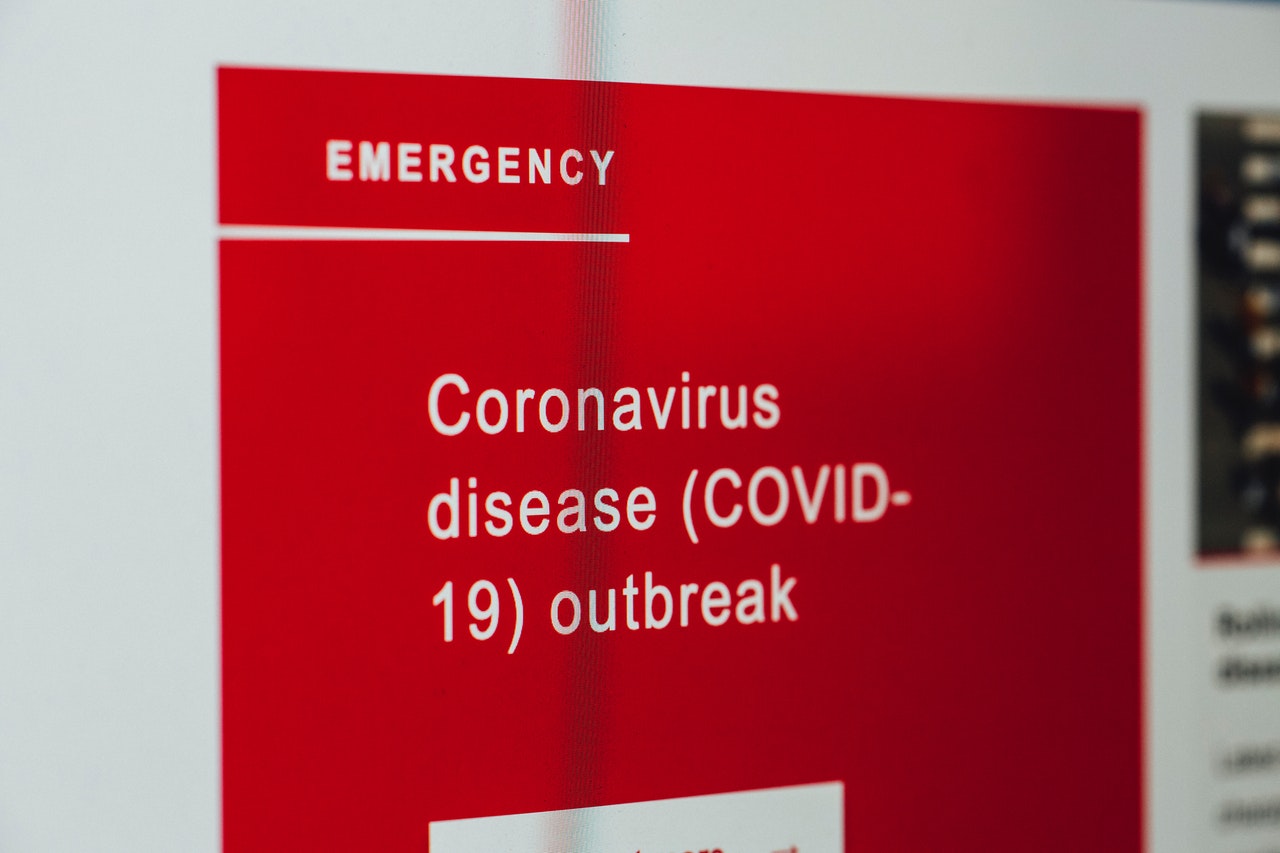More US universities are moving online after a rocky start with resuming in-person instructions this fall semester. Shortly after the University of North Carolina at Chapel Hill on Monday announced its online shift due to increasing coronavirus cases, at least nine institutions have followed suit.
Michigan State University asked undergraduate students to stay home and continue learning remotely effective immediately. Fearing an increase in cases, hybrid format classes are also to be remote soon. This decision comes less than 10 days before students were slated to move into campus residence halls.
“This was an extraordinarily difficult decision, but the safety of our campus community must be our paramount concern,” wrote Dr. Samuel Stanley, president of Michigan State University and a doctor himself. “Please know that we are making choices based on reliable public health data, updates from local and state officials, and our understanding of the science and research available to us on the novel coronavirus.”
Students, I know you are disappointed and I am too. Please know that MSU faculty care about you and your education. We have been working hard all summer to make this fall as good as it can be. We can still make it a great semester of learning and teaching! https://t.co/Ym6704CnuR
— Michaela TerAvest (@m_teravest) August 19, 2020
For Bethel College, a small private liberal arts college in Kansas, close to 10 percent of 500 students and campus employees tested positive within the first week of reopening. “Mandatory testing is an effective way to assess the prevalence of COVID-19 in our student and employee population at the start of the semester,” said Bethel College President Jon Gering in a statement.
Those who tested positive are in isolation on campus, and contact tracing has begun to identify others who were in contact with the infected. Courses will be online until it is safe for students to be back on campus, Gering added.
The University of Notre Dame, meanwhile, will suspend in-person classes for nearly 12,000 students for two weeks. Classes started on August 10, and since then the number of cases of the university’s COVID-19 dashboard has been steeply rising, with nearly 150 confirmed infections today.
“We have decided to take steps short of sending students home for remote instruction, at least for the time being, while still protecting the health and safety of the campus community,” said University of Notre Dame President Rev. John I. Jenkins during a live-streamed announcement.
The public spaces on campus will be closed, off-campus students will be restricted, and on-campus students cannot leave campus. If these steps aren’t successful, Notre Dame will send students home, Jenkins said.
In virtual meeting with students, @NotreDame president, Fr. Jenkins said: "We believe we can take steps short of sending students home for remote instruction, at least for the time being, while still protecting the health and safety of the campus community." #CovidCampusOutbreak pic.twitter.com/DtU58Ce4Gr
— Carol Zimmermann (@carolmaczim) August 18, 2020
Further south, the University of Tennessee reported 75 positive cases among students and staff. To keep the virus in check, 52 percent of classes will be fully online while only 15 percent of classes will be in-person.
The university’s attendance policies are now flexible, and faculty members need to be well-prepared to conduct classes online.
In the east, Ithaca College, a private liberal arts college in Ithaca, New York, shifted to remote instruction for the entire semester instead of shifting the semester to October for in-person classes.
“I sincerely believe this is the correct and responsible choice for Ithaca College to help protect the health and safety of our students, their families, our faculty and staff, and our Ithaca-area communities,” Shirley M. Collado, president of Ithaca College, wrote in a letter.
Ithaca president: “It is easy to foresee the likelihood of a public health trajectory that would mandate the closure of the college due to circumstances beyond our control.” https://t.co/mIO5Fcc1lw
— Andy Thomason (@arthomason) August 18, 2020
Since the classes at the University of Kentucky began on August 3, 189 people have tested positive, according to the campus dashboard. Campus parties that violate the Code of Student conduct have been instrumental in the rising cases, according to the university’s director of executive communication.
Nearly 600 miles east, East Carolina University, Greenville reports a 7.8 percent positive test rate and averages about 30 new cases per week. Campus officials are proceeding with on-campus instruction. Campus patrols are in place to find student violations of protocols set by the Greenville Police Department.
In Iowa State University, meanwhile, 175 students living in residence halls tested positive and were isolated for 10 days. “Our goal with the move-in testing was to identify positive cases and quickly intervene to mitigate the spread of infection,” said Erin Baldwin, director of Thielen Student Health Center, in a statement.
Close to 4,500 higher education institutions have been impacted by the coronavirus, according to Entangled Solutions, an innovation agency for education. Almost every plan for students returning to college campus includes masks, social distancing, frequent testing, and bans on social gatherings.
Two of the biggest American football conferences, the Big Ten and Pac-12, announced that they won’t play this season due to virus concerns.



